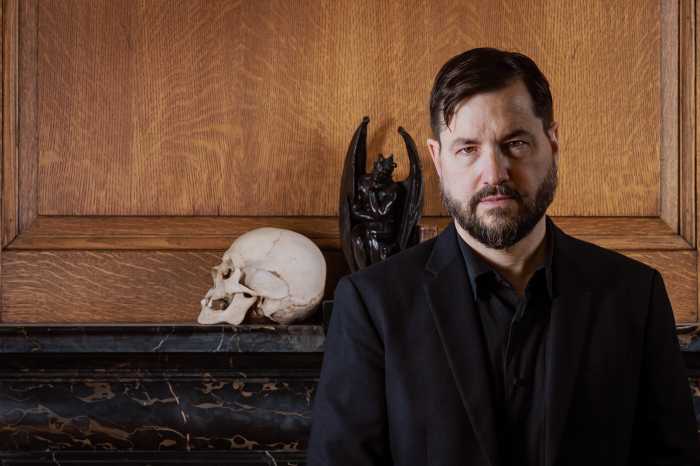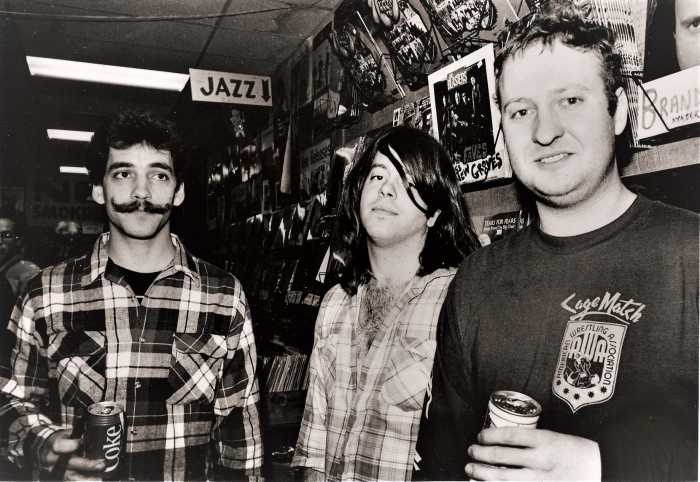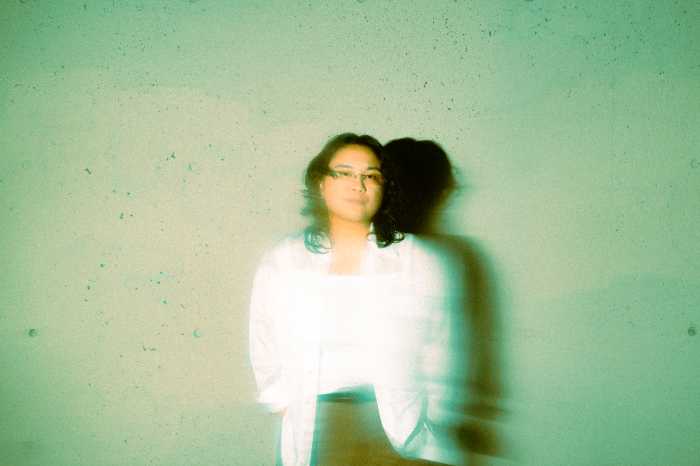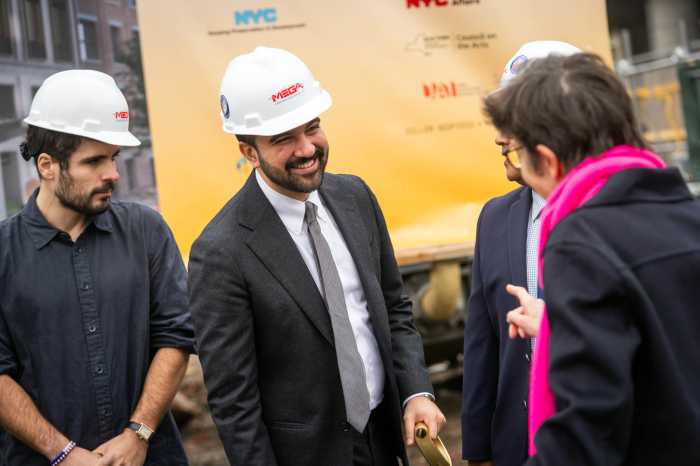BY DAVID SHENGOLD | As with Broadway productions, sometimes operatic revivals are seemingly cursed with unshakable bad luck. Such was the case with Bellini's masterpiece “Norma” this season. James Jorden reported on the initial run, featuring Hasmik Papian, in the November 29 issue. The title role was taken over November 26 as scheduled by Maria Guleghina, fresh – if that is the word – from her spectacularly uneven run in the new “Macbeth,” where the Russian soprano's huge format vocalism made for some visceral excitement, as well as much cringing.
As per the broadcast of “Norma” – granted, not always a fully reliable indicator of what happened in the house – Guleghina made pretty much a mess of coloratura, pitch, and declamation, which doesn't leave much but decibels to her credit as the Druid Priestess.
Nice guy next door Polenzani offers lovely vocalism; Mescheriakova ill-treated
So it was not altogether astonishing to enter the Met for the next performance, November 30, and learn that the cover artist, Russian soprano Marina Mescheriakova, was to go on. However, Mescheriakova's name was given as “Maria” on both the spaghetti board out front and on the little paper slips stuck into the programs, which not everyone gets, notices, or reads. Clearly, many Met patrons do not even look at the cast list – given in unpardonably small type face, which may look way cool to a 20-something graphic designer but ignores the median age of the actual audience.
From intermission comments like “The Times didn't much like her,” it was clear that some present in fact thought they were hearing Hasmik Papian – who had, as one Internet sage put it, “at least honored the traditions of the role”
What was unpardonable – insulting to the patrons, to anyone who may have come specifically to hear Guleghina, and most of all to Mescheriakova – was that no announcement was made by any member of the staff. This stood in sharp contrast to the occasions on which general director Peter Gelb chose to come before the curtain to crow about the substitutions of star tenors in “Roméo et Juiliette” and “Butterfly” earlier this season.
Mescheriakova is not a “star,” but she is an honest performer with a beautiful voice who has recorded and done two new productions for the company; apparently she learned of the substitution at 6:10 p.m. We're not talking about substituting Clotilde (a good thing, as Julianna di Giacomo in this small role proved the best thing all night) but about a leading artist's first company assumption of the most comprehensively difficult role in the Italian repertory. To let her come on for the fearsome entrance scena (declaimed recit, aria everybody knows requiring seamless legato, treacherous cabaletta) without having told the audience the circumstances of her performing was seriously to undermine her – and to confirm the worst rumblings about the company's current treatment of “cover” performers.
Unfortunately, though she made many lovely sounds, at least in her creamy middle register, honesty didn't get Mescheriakova very far with Norma. She did nothing false, but also nothing particularly exciting, dramatically; and she fundamentally lacks the rhythmic impulse and idiomatic utterance to make an impression in this music. Furthermore, the approach to the top is simply too compromised for Norma's multiple exposed attacks; she tended to attack flat, take the support off, and croon up to correct pitch – not exactly a bel canto hallmark.
One more complaint. The crucial line “Pensa che son tuo sangue” in Norma's plea to her father to save her children (quite well sung by Mescheriakova) means “Think, they are ['loro sono/son'] your flesh and blood,” not the narcissistic “Remember, I am ['io son'] your daughter” shown us by the Met titles. A frustrating evening.
But “Romáo et Juiliette” (December 27) provided much pleasure, chiefly since Matthew Polenzani became the fourth Montague this season to cavort with Anna Netrebko's babe-a-licious Capulet. For the record, the “It” Girl was ghastly in Act One, though cheered to the echo for a slow, inaccurate, trill-free Waltz. She thereupon improved tremendously, providing much beautiful tone and genuinely affecting plastique and feeling, if absolutely no sense of Gallic style.
I had heard Roberto Alagna, an excellent Roméo a decade ago, in Acts IV and V of December 15's international broadcast. At least on the radio – a distressing whiny edge to the upper voice and constant sharping made it difficult to enjoy the French diction that remains his clearest audible asset. The wild applause must have been for his louche good looks.
Matthew Polenzani looks more like the nice guy next door – Roméo as Michael J, Fox – and showed a somewhat limited command of stage gesture, but his felt and endearing performance was truly exquisite, a triumph of style and musical intelligence, virtues not always cultivated or rewarded among today's opera stars. His vocalism itself – clear, focused, beautifully phrased with finely tapered dynamics – was lovely, reminiscent of French tenor Alain Vanzo. There can be no higher praise in this music. Be sure to catch Polenzani's next Met assumption, Mozart's Belmonte (“Entfuehrung”) in April.
Kate Lindsey, another assured, musical and charming lyric mezzo in the Frederica von Stade mode, took on an early von Stade part, Stephano, singing with handsome sheen and acting splendidly. Paul Nadler took over the baton from Placido Domingo, providing a lush, cogent reading of Gounod's moving, beautiful score.
David Shengold (shengold@yahoo.com) writes about opera for many venues.


































